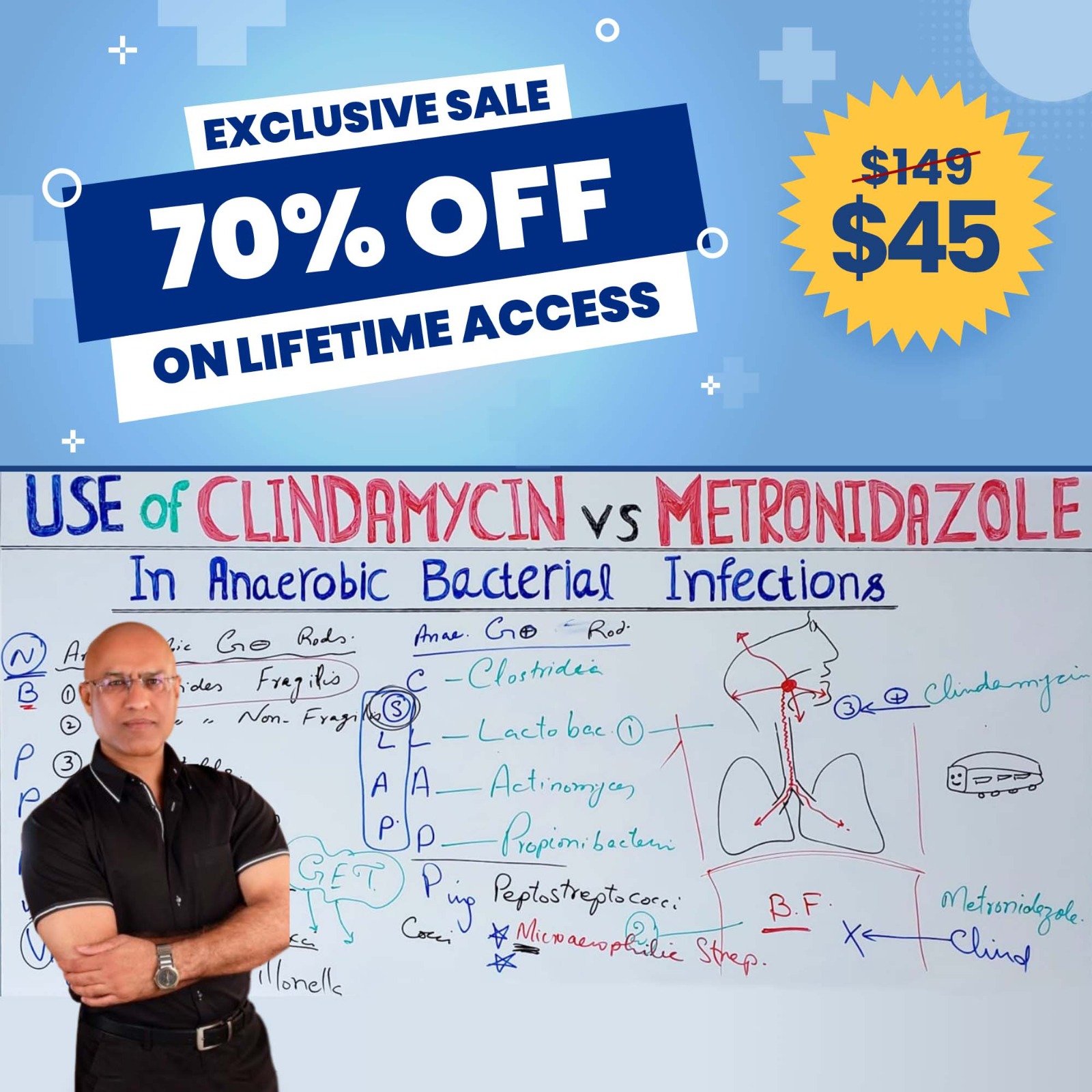Howard University College of Medicine

About Howard University College of Medicine
While the Howard University College of Medicine offers excellent opportunities for research and training, the primary focus is on educating students to provide patient care in communities where there is a shortage of doctors and public health specialists. The School of Alumni living, more than 4,000, is a testament to Howard’s ability to obtain an excellent medical education. Although incentives for minority students have expanded in other medical schools, the College distinctively addresses the special health care needs of the disadvantaged communities and continues to produce a significant number of the nation’s minority physicians. The College is a part of Howard University, a comprehensive university for education. While the campus community has historically been predominantly black, Howard has been an interracial and cosmopolitan organization throughout its history, with students, faculty, and staff from all races and from many foreign nations. All must follow Howard University’s high standards of performance, which has the country’s largest concentration of black faculty and student scholars.Mission
Howard University College of Medicine provides medical education of exceptional quality to students of high academic potential and prepares doctors and other health care professionals to serve the underserved. Particular emphasis is placed on educating disadvantaged students about medical careers. Emphasis is placed on the development of life-long learning skills and habits and the production of medicine world leaders. Special attention is given to teaching and research activities that address disparities in health care. The College also seeks to improve Americans ‘ health and the global community through programs and projects in the area of public health preparation. The mission also involves work to discover new insights. Eventually, the College supports the education and training of postgraduate physicists, other health care providers, and biomedical science graduate students.Vision
Howard University College of Medicine’s mission is to strengthen our global recognition as a first-rate medical school, recognized for the quality of our teaching, study, and service. University claims to continue to be a world leader in educating skilled, compassionate doctors and other health professionals for communities and populations with medically underserved needs. Therefore, the College aims to be a leader in reducing health inequalities and finding solutions through study and public health programs for medical problems that are overwhelmingly located in disadvantaged communities, both in this nation and abroad.Core Values
- The core values for Howard University include:
- A firm and assured belief in work
- Excellence and integrity in everything being taught at university, research and service
- Leadership in medical education and healthcare, particularly for African Americans, other minority groups, and the underprivileged
- Service to the society, nation, and the world through public health, medical, and health promotion programs
- The unrelenting pursuit of knowledge through study and lifelong learning
- The dedication to cultural diversity among faculty, staff, and students and a respectful and ethical academic setting
Howard University College of Medicine Degree Program
The training curriculum leading up to the M.D. The degree from Howard University College of Medicine is designed to produce physicians who are well familiar with the core values of modern medical science and have perfected the art of problem-solving in the medical decision-making process to ensure to indulge in medical practice as qualified professionals. In partnership with the Graduate School (M.D./Ph. D.) and the College of Arts and Sciences (B.S./M.D.), dual degree programs are offered. The College of Medicine offers six training programs leading to a Master’s degree in Science and/or Ph.D. in Philosophy. Both degrees are available via anatomy, genetics & human genetics, microbiology, biochemistry, pharmacology, and physiology & biophysics programs. Students should consult the Graduate School for admissions and specific degree requirements.Accreditation
Howard University is accredited by the Secondary Schools and Colleges Association of the Middle States. The College of Medicine is accredited by the American Medical Association (AMA) and the Liaison Committee on Medical Education and the Association of American Medical Colleges (AAMC). The Howard University College of Medicine has received FULL ACCREDITATION notice from the medical education liaison committee (LCME). The Medical Education program accreditation will extend over an eight-year term with a visit scheduled for the 2024-2025 academic year. In 1868, just three years after the end of the Civil War, the Howard University College of Medicine first opened its doors as a medical department. At that time, newly liberated black people migrated in large numbers into the nation’s capital. The founders of the College agreed that the almost overwhelming health care needs of this community and other blacks across this country would best be addressed by educating students to become highly skilled, caring physicians who would provide treatment in communities with a shortage of health staff. That realization has been translated into the Howard University College of Medicine mission, and the continued fulfillment of that mission is evidenced by the illustrious record of service provided by the alumni and faculty of the College.Goals and Objectives of Howard University College of Medicine
- Acquire current core understanding of basic biomedical science through an interdisciplinary approach to understanding the processes which support the human organism’s normal development, structure, and function.
- Acquire current core knowledge of normal and altered organ system structure and function, to apply that expertise to the acknowledgment and strategic planning of complex clinical conditions.
- Acquire current core information to understand the impact of the different stages of life, as well as the effects of gender, lifestyle, socioeconomic status, dietary influences, genetic characteristics, psychosocial and epidemiological factors, and culture on human health quality and disease prevalence, disease prevention, and health maintenance.
- In addition to the treatment of acute medical conditions, show an understanding of the fundamental concepts of continuity of care (preventive, rehabilitative, and end-of-life) and be able to apply these concepts to clinical practice at local, regional, national or international level.
- Show mastery of a variety of skills, such as effective communication when interviewing patients and explaining the patient compliance need. The student must also demonstrate appropriate physical exam skills, such as the proper use of instruments and the application of manual techniques and skills in the use of laboratory resources, such as ordering and interpreting appropriate tests.
- Provide good professional behavior in inpatient and peer interactions; adhere to professional standards of ethical behavior, and work as a member of a diverse health care team in a harmonious and respectful way.
- Show independent, life-long, and progressive learning skills; demonstrate self-awareness, self-care, self-assessment, and personal growth enough to be a role model for others.
- Develop sensitivity to the need to address and resolve health disparities at all levels.
- Satisfy the medical faculty’s scholarly expectations as determined by appropriately designed and applied methodologies of assessment, including but not limited to the written performance of examinations.
Howard University College of Medicine Admission
Required Courses:
Prospective medical students in a US or Canadian accredited college or university must have earned 68 semester hours or the equivalent.-
- Biology/lab (8 hours)
- Inorganic Chemistry/lab (8 hours)
- Organic Chemistry/lab (8 hours)
- Physics/lab (8 hours)
- Math/Statistics (6 hours) – Any college-level math course
- English (6 hours)
- Humanities Courses (6 hours) – (includes additional English course work, Languages, Art, Music, History, Philosophy, Religion, etc.)
- Recommended Courses
- Anatomy & Physiology
- Cell Biology
- Biochemistry (Strongly Suggested for Fall 2019 & 2020 Applicants, will be mandatory for Fall 2021 Applicants)
- Developmental Biology & Embryology
- Genetics
- Neuroscience
- Microbiology
MCAT
All applicants require the MCAT and can be taken at any time, but no later than January of the year you are seeking admission. Only MCAT scores are taken within the last 3 years before matriculation is taken into consideration.AMCAS and Secondary Application
All prospective applicants to the College of Medicine must use the American Medical College Application Service (AMCAS) app. The deadline for filing the completed application for AMCAS is December 15 of the year immediately preceding the school year in which the applicant expects to enter medical education. Once AMCAS notifies HUCM Admissions that the application has been verified, the College of Medicine will invite the applicant, via email, to submit a secondary request.Technical Standards of the College of Medicine
A doctor must have the knowledge and skills necessary to function effectively in a wide variety of laboratory and clinical situations. Students enrolling in and graduating from Howard University College of Medicine must be able to meet the degree program’s technical requirements and not pose a threat to patient well-being or to themselves.Casper Test
To help with our selection process, all applicants to Howard University’s College of Medicine are required to complete an online assessment (CASPer). Please note, this is the first year we have concurrent test seasons, meaning that two different testing periods are available concurrently. If you apply for the application cycle for Autumn 2019, please select the 2018-2019 cycle. CASPer is an online test that measures non-cognitive skills and interpersonal attributes that are important for our program’s successful students and graduates and will complement the other resources used for evaluating applicants. University attempts to further enhance equity and objectivity in the selection process while implementing CASPer. To take CASPer you will be responsible for your selected test date for securing access to a computer with audio capabilities, a webcam, and a reliable internet connection. CASPer can be taken literally wherever you meet the above specifications. There will be no exceptions for applicants who are unable to take CASPer online because they are located at websites where the internet is not accurate, because of technological or political factors. The CASPer test results are valid for one cycle of admissions. Therefore applicants who have already taken the test in previous years are expected to take it again.Admission Facts
- Applicants must demonstrate academic achievement and potential as well as appropriate personal and social intellectual characteristics
- Applicants must show an interest in solving health disparities related problems and should have experience working or volunteering with underserved communities
- Applicants will meet the GPA and MCAT scores: Science GPA 3.0 and MINIMUM cumulative MCAT 494 (New MCAT)
- Double M.D. admission. Graduation services and regular M.D. The degree is very competitive. Meeting the minimum requirements for admission does not guarantee an interview nor admission.







